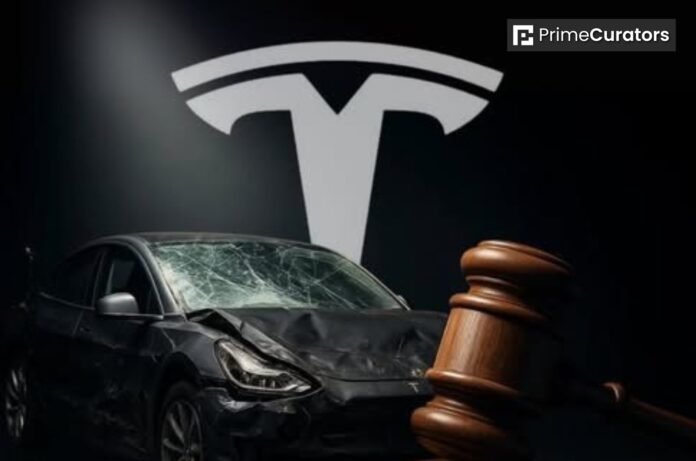In a major legal blow to Elon Musk’s Tesla, a U.S. federal jury has ordered the electric carmaker to pay $243 million in damages. The verdict comes in response to a tragic 2019 crash that claimed the life of 22-year-old Naibel Benavides Leon and left her boyfriend severely injured.
What Happened in the 2019 Crash?
The crash occurred when driver George McGee ran a stop sign while allegedly distracted and using Tesla’s Autopilot system. The vehicle was traveling at 62 mph in a zone that required full driver attention. The court found Tesla partially liable, highlighting concerns about the unsafe usage of Autopilot on inappropriate roads.
This case reignites debates over the limits and responsibilities of semi-autonomous driving technologies — especially in situations where human oversight is still crucial.
Tesla’s Autopilot Under Scrutiny
While Autopilot is marketed as a driver-assist feature, lawyers argued that Tesla failed to enforce usage restrictions, allowing it to be activated on roads not suitable for autonomous driving.
Even more alarming, legal teams revealed that Tesla withheld key crash data, which forensic experts later recovered, suggesting that some evidence may have been deliberately concealed.
Tesla’s Response and Future Implications
Tesla, unsurprisingly, plans to appeal the ruling, stating that the decision “sets back automotive safety.” However, this verdict could pave the way for more accountability in the self-driving car industry.
As Tesla continues to push the boundaries of AI-powered mobility, this case serves as a reminder of the life-and-death responsibility that comes with innovation.
Why This Matters
This isn’t just about one tragic accident. The outcome of this case could influence future lawsuits and regulatory actions involving self-driving and driver-assist systems—not just at Tesla but across the entire auto industry.




